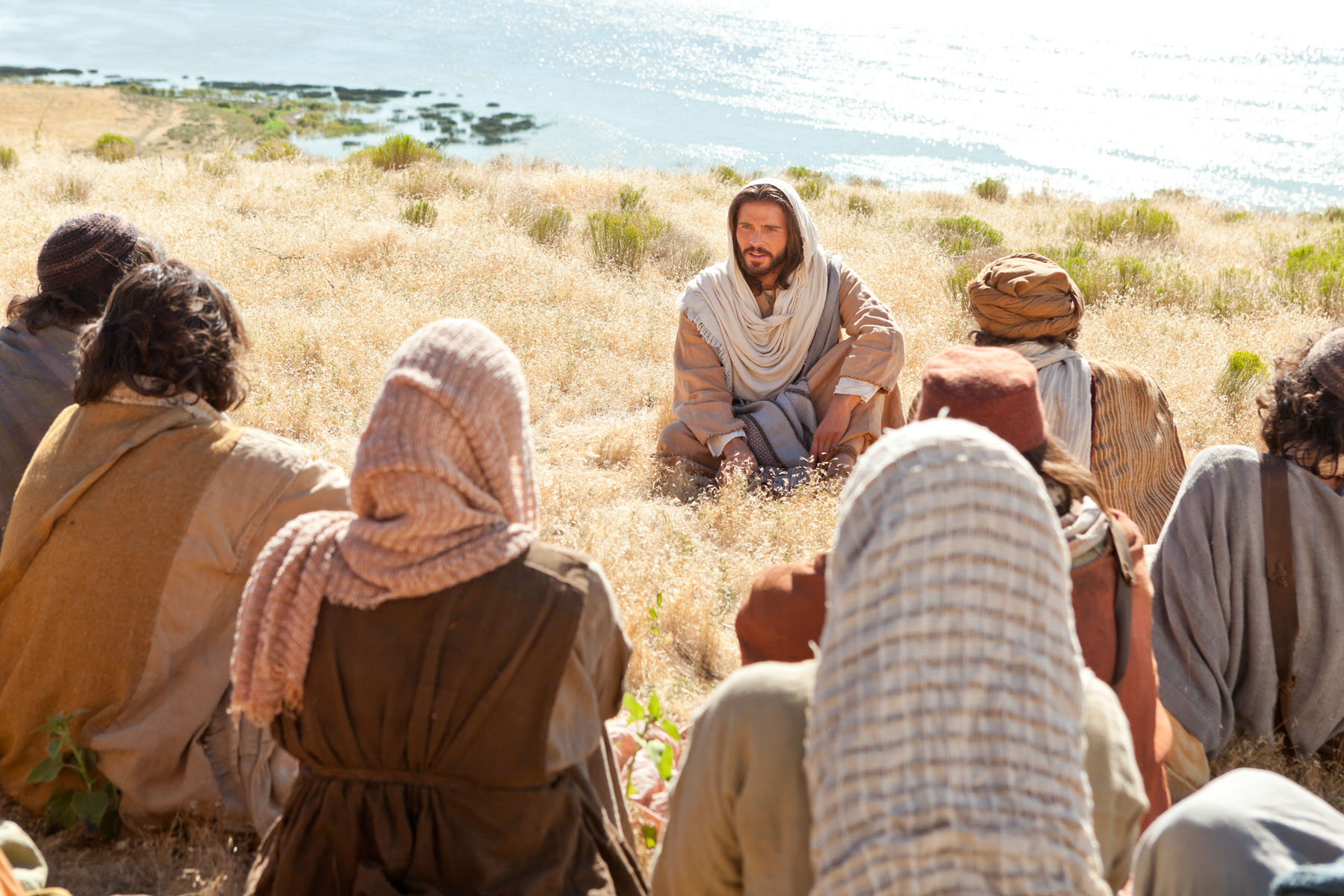
Washington Post Opinion writer
What is a Christian?
Now, hold on. The question isn’t some roundabout attempt to use an opinion piece to promote or knock a particular faith. Rather, it spotlights a search of another kind.
“What is a Christian?” grows out of an article this week by The Post’s Julie Zauzmer, which described jubilation among some Christians over Donald Trump’s victory — a win supported by more than 80 percent of white evangelicals.
“It really makes you feel great to be a Christian,” one person told The Post. “I think Christians took a big stand this time and said we’re going to stand up for our faith,” said a second. Referring to Trump, a third said, “I feel like we actually have an advocate now in the White House.”
Those attitudes are reflected in a Pew Research Center analysis of exit poll results, which show that high numbers of white, born-again evangelical Christians, as well as a majority of Catholics, went for Trump.
That notwithstanding, CNN exit polls also showed that 59 percent of nonwhite evangelical Protestants, 45 percent of Catholics and 71 percent of Jewish voters backed Hillary Clinton.
Their embrace of Trump isn’t, however, what prompts the “What is a Christian?” question.
It is raised because of “A Declaration by American Evangelicals Concerning Donald Trump,” a statement posted on change.org that has been signed by more than 22,000 evangelical leaders and their supporters.
These are a collection of Christians of African and European descent, Latinos, Asian Americans and Native Americans representing a wide range of denominations and churches — and they hold a decidedly different view.
Trump, they declare, “fueled white American nationalism with xenophobic appeals and religious intolerance at the expense of gospel values [and] democratic principles.”
 They charge him with mocking women and the sanctity of marriage vows, disregarding facts, worshiping “wealth and shameful materialism,” and taking an already-weakened “culture of civility to nearly unprecedented” depths with his vulgarity and ugly personal attacks.
They charge him with mocking women and the sanctity of marriage vows, disregarding facts, worshiping “wealth and shameful materialism,” and taking an already-weakened “culture of civility to nearly unprecedented” depths with his vulgarity and ugly personal attacks.
They describe Trump’s campaign as the most “extreme version of a history of racialized politics’’ that has ever been pursued, also noting with disdain the silence of white evangelicals in the face of such behavior. Their silence throughout that history, those Christian leaders declared, “set the environment for what we see now.”
Hence the conundrum: A racially diverse community of evangelical Christian denominations and their supporters puts down Trump, beloved by a majority of white evangelical Christians, as “morally unacceptable.”
What is a Christian? What does it mean to be one?
These are haunting questions when tied to race.
The Rev. Martin Luther King Jr. grappled with it more than 50 years ago.
King wrote in his famous 1963 “Letter From Birmingham Jail” that when he was “catapulted into the leadership of the bus protest in Montgomery, Ala.,” he felt the white church would support him. Instead, he discovered some white ministers were outright opponents; others were “more cautious than courageous and . . . [they] remained silent behind the anesthetizing security of stained glass windows.”
King expressed disappointment at seeing white church leaders, in the midst of blatant racial and economic injustices, “stand on the sideline and mouth pious irrelevancies and sanctimonious trivialities.”
He spoke of traveling on “sweltering summer days and crisp autumn mornings” and looking “at the South’s beautiful churches with their lofty spires pointing heavenward.”
“Over and over I have found myself asking: ‘What kind of people worship here? Who is their God?’ ”
“Where were their voices,” King asked, when the lips of their governors dripped with words of bigotry and hatred? “Where were their voices of support?”
They were silent.
King, first and foremost a Christian minister and son of a pastor, saw segregation as morally wrong and sinful. Why didn’t his white co-religionists in the South see segregation statutes the same way?
In truth, some of the white Christians who professed belief in the authority of the Scriptures and the “good news” of the gospel were the backbone of racial segregation. They elected and reelected to public office some of the country’s most sexist, racist and religious bigots.
So it was then.
Since beginning my faith journey at age 12 several decades ago, I have been stumbling, slipping and falling short of the glory of God. So who am I to judge?
Yet, looking back at the election night outcome, a different, haunting question recurs:
What is a Christian?
Read more from Colbert King’s archive.

